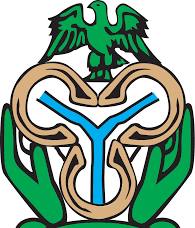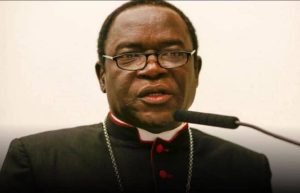By our Reporter
The National Assembly Committee on Banking, Insurance and other Financial Institutions has decided to pause the amendment process for the bill titled “An Act to Amend the Central Bank of Nigeria Act No. 7 of 2007.”
This decision was made to allow for more consultations amid controversy and misleading reports.
Special Adviser to the Chairman of the Senate Committee on Banking, Insurance, and other Financial Institutions, Professor Uche Uwaleke, clarified recent misunderstandings in the media.
He addressed reports claiming that the Senate planned to strip the Central Bank of Nigeria (CBN) of its power to set interest rates and transfer this authority to a committee led by the Minister of Finance.
According to him: “My attention has been drawn to a misleading report currently circulating in the media that the National Assembly plans to transfer interest rate decisions from the CBN to a Committee to be chaired by the Minister of Finance. This is completely untrue.”

“The fact is that the amendment Bill proposes a Coordinating Committee as an institutional framework for the alignment of fiscal and monetary policies and not to usurp the roles of the Monetary Policy Committee of the Bank which were not tampered with.
“Section 12 of the current Act establishes the MPC, as well as stipulates its functions and composition. These provisions are all retained in the amendment Bill.
“Be that as it may, let me seize this opportunity to inform you that in view of the controversy this has generated, the National Assembly has decided to put on hold the entire amendment process to allow for more consultations.
“As an objective and highly reputable international media organisation, it would be appropriate to pull down the misleading post and publish the correct position.”
This new committee, he clarified, is not intended to replace the CBN’s Monetary Policy Committee (MPC) or undermine the CBN’s independence.
He emphasised that Section 12 of the current CBN Act, which establishes the MPC and outlines its functions and composition, remains unchanged in the amendment bill.


























